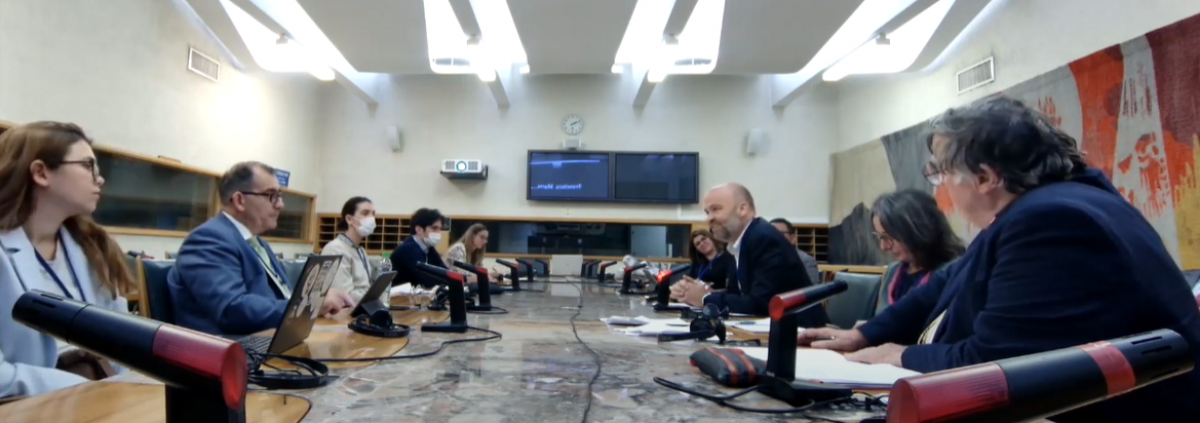21st Century Skills Development in the Mediterranean: A “whole-systems approach” to promote skills recognition and mobility
Agence Française de Développement, Center for Mediterranean Integration, Policy Center for the New South, Qatar Foundation, and Union for the Mediterranean
In a global economic context where the changes brought about by the green and digital transitions are creating new opportunities, there are also many uncertainties regarding the jobs of the future and the skills that will be needed for these new jobs.
The current situation is already worrying, especially in the Mediterranean region, since young people are graduating without having acquired the right mix of knowledge and skills that could allow them to integrate properly into changing labor markets. Having an academic qualification is no longer enough to ensure privileged access to more options to the job market as access to jobs require more and more an active role by universities, governments, and industry - creating a paradoxically increasing relationship between having a university degree and being unemployed.
This is a wicked problem with many dimensions such as the number of graduates increasing when compared to the absorption capacity of the economies, and a gap between competences and skills offered by education and those demanded by enterprises. These factors, among others, have resulted in structural youth under- and unemployment rates, with extremely high rates in the MENA region - at around 26%, the highest in the world - especially amongst graduates and researchers, affecting those that would be best placed to contribute to the economic growth of Mediterranean countries. Moreover, the rate of young people aged between 15 to 24 in NEET situations (Not in Employment, Education or Training) is very high throughout the region (at around 30% in Morocco for example).
It is thus essential to invest massively in education by focusing on skills development; including skills for work, through stronger links between the labor markets (private sector) and the tertiary education system (including vocational training), and the so-called 21st century skills - such as socio-emotional skills, problem solving, teamwork, empathy, compassion, mutual and intercultural understanding. Indeed, these skills allow not only for a better integration into labor markets and a greater ability to adapt to current and future changes, but also to strengthen the citizenship of individuals through a greater ability to participate in public life.
The session focused on skills development, including ways to foster it through mobility - of individuals, knowledge and skills - and skills recognition at all levels, including vocational training and informal systems. Experts from institutions and governments in the Mediterranean provided concrete recommendations for tertiary education institutions and policy-makers to promote skills development in education to enhance youth employability.
Speakers: Giulia Marchesini, Human Capital Senior Programme Manager, Center for Mediterranean Integration (CMI)/UNOPS (moderator); Blanca Moreno-Dodson, Director, Center for Mediterranean Integration (CMI)/UNOPS; Itaf Ben Abdallah, Senior Advisor, Higher Education and Research, Union for the Mediterranean (UfM); Adil Bajja, Director, Strategy, Statistics and Planification, Ministry of National Education, Kingdom of Morocco; Francisco Marmolejo, Higher Education President & Education Advisor, Qatar Foundation; Henri Louis Vedie, Senior Fellow, Policy Center for the New South (PCNS); Alexandre Berthon-Dumurgier, Task team leader – VET global advisor, Agence Française de Développement (AFD); Q&A with the audience.
